The Power of Jane Campion
 Monday, March 7, 2022 at 10:41AM
Monday, March 7, 2022 at 10:41AM by Mark Brinkerhoff
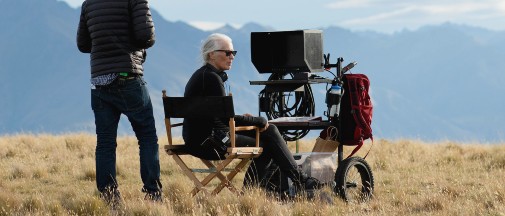
What a wild week it has been, ancillarily, for a certain New Zealand filmmaker. The presumed—and deserved—frontrunner for Best Director at this month’s Academy Awards, Jane Campion had her latest masterpiece unexpectedly shut out at the SAG Awards and herself inexplicably drawn into a ridiculous imbroglio stirred by none other than an apparently sexist and homophobic Sam Elliott. (Bronco Henry could never, y’all.)
But for those less keen on reading too much into Oscar-adjacent developments or unnecessary, boneheaded statements that go viral, we find ourselves at the glorious height of a hopeful culmination of a brilliant, one-of-a-kind director’s justly lauded year. So what makes Campion such an enduring, singular international filmmaking force?
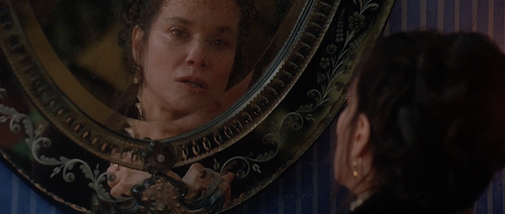 The Portrait of a Lady (1996)
The Portrait of a Lady (1996)
She’s cerebral. From the outset, Campion’s films (first shorts, then features) have centered on ideas and concepts, rather than emotions and clichés. She’s a filmmaker who takes an intellectual approach to character studies that, miraculously, are neither pretentious nor inert. Even her more straight-forward, linear storytelling—from An Angel at My Table to The Portrait of a Lady to The Power of the Dog—still carries a sense of brain-teasing discovery.
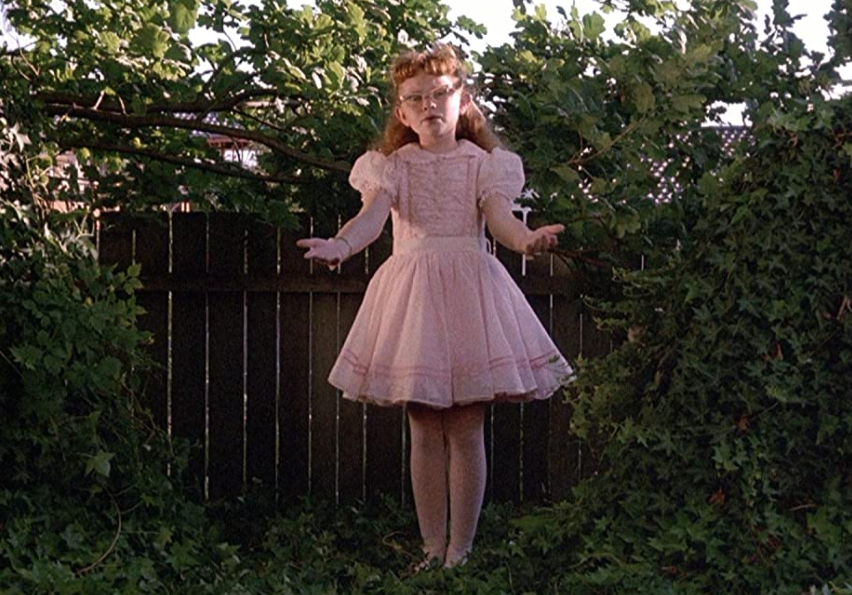 Sweetie (1989)
Sweetie (1989)
She’s eccentric. No one could claim that Campion is drawn to conventional characters and standard storylines. This is an artist whose tastes, whether dealing with actual or fictional subjects and milleus, clearly hew toward the odd or, at the very least, off-beat. It’s this predilection that has been hugely rewarding in giving voice to oddities like Sweetie, dimension to the relationships and traumas of In the Cut, and even unusual, bittersweet shadings to otherwise potentially pedestrian biopics like Bright Star.
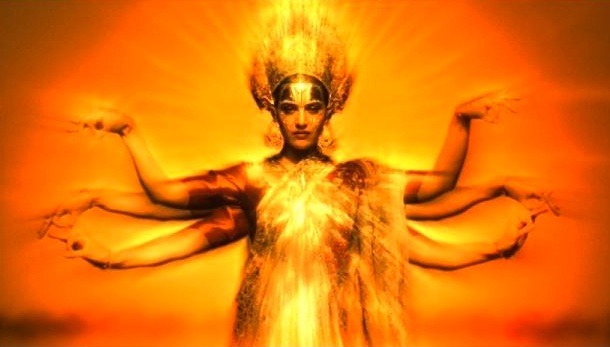 Holy Smoke! (1999)
Holy Smoke! (1999)
She’s muscular. What’s remarkable about Campion is that she’s a rare example of brains meeting braun beautifully for the screen, on the page. Her style and scope of filmmaking is richly, robustly textured, regardless of budget. As with Holy Smoke! and The Piano, she doesn’t shy away from conflict—or conflicted people and their conflicted feelings—but actually actively flexes and throws viewers deliberately off balance. It’s exciting, for one, to experience depictions of sexuality that are generously, refreshingly overt, as it is to see brutes taken in hand while those at a comparative disadvantage tap into unexpected reservoirs of strength, strategy and endurance.
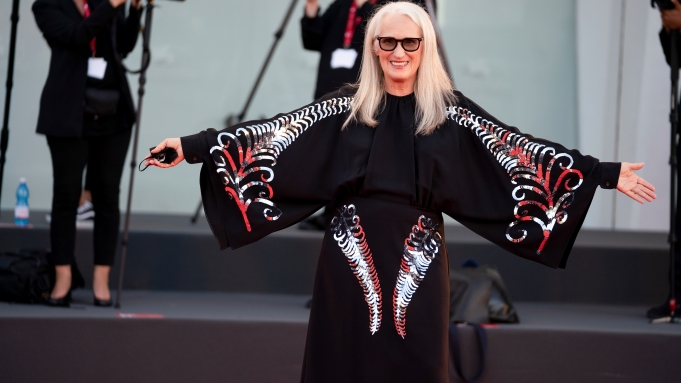
Never before—not even with Bong Joon-ho, Chloé Zhao, Jonathan Demme or Kathryn Bigelow—have I been so over-the-moon for a director to get a well-deserved Oscar as today for Jane Campion.
The Blank Check podcast just wrapped up its superlative, months-long Campion retrospective—truly, go listen!— and the breadth and depth of Campion’s body of work has never felt more impressive and indispensable.
Lucky for us, *all* of Campion’s filmography (including her early shorts) are streaming now: An Angel at My Table, Sweetie, Two Friends and said shorts on the Criterion Channel; The Piano on Showtime; Holy Smoke! and The Portrait of a Lady on Prime Video; Bright Star, In the Cut, and The Power of the Dog on Netflix; and both seasons of Top of the Lake on Hulu. Enjoy!





Reader Comments (3)
She's a great director of Actors.
"Bright Star" is probably my favorite film of hers. She really captures the intoxication of falling in love.
Jane Campion. A Goddess among filmmakers. She belongs up there with the other Gods and Goddesses of cinema such as John Ford, Sergio Leone, Luchino Visconti, John Carpenter, Akira Kurosawa, Federico Fellini, Chantal Akerman, Agnes Varda, Ingmar Bergman, and Howard Hawks.